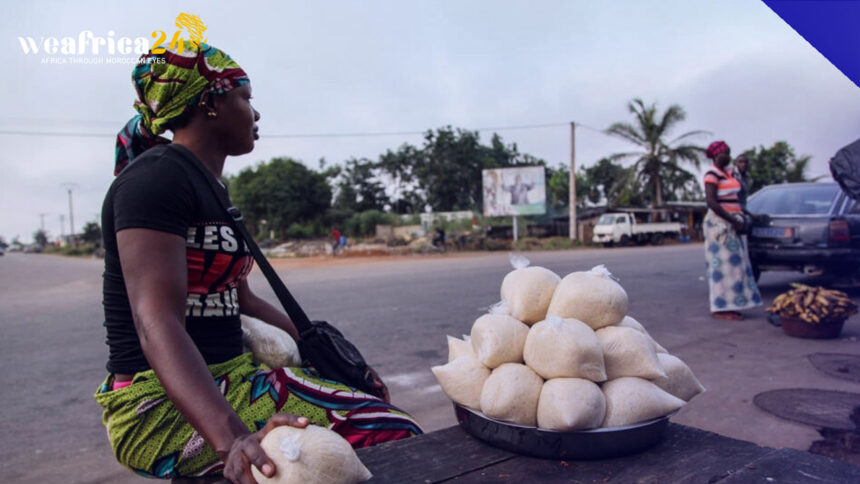Amid the African Cup of Nations, the host country, Ivory Coast, has announced a surprising economic measure: as of this week, producers of staple goods can no longer freely export their merchandise. Clearly stated, a list of twenty products cannot leave Ivorian soil without authorization, risking penalties.
This includes staples such as cassava, yams, maize, and rice. Producers of these essential food items must now obtain prior approval from the government for the next six months, starting from Monday, January 15.
The authorities, as outlined in the notice published on the government’s website, cite the need to “ensure a regular supply of staple products to guarantee food security for the population.”
Perhaps the government aims to safeguard against any risks of shortages, particularly during this critical period of the African Cup of Nations, where an estimated 1.5 million visitors are expected in Ivory Coast.
To emphasize the significance of this announcement, it is not one but three ministries that have endorsed the document: the Ministry of Commerce, the Ministry of Agriculture, and finally, the Ministry of Finance and Budget.
Despite attempts to seek clarification on the exact reasons for this export suspension, the ministries have not responded to inquiries. The last similar restriction dates back to December 2023, involving only sugar and rice to control prices.
Is this export suspension economically sound? Can this restriction on imports be genuinely linked to the African Cup of Nations?
According to Steven Le Flaou, a consultant specializing in the interdependence of European and African markets, “Ivory Coast is reapplying a decree already issued in 2022. Nevertheless, export restrictions are often seen in countries that are major exporters of staple products: India and Thailand have regularly implemented such restrictions on rice.”







